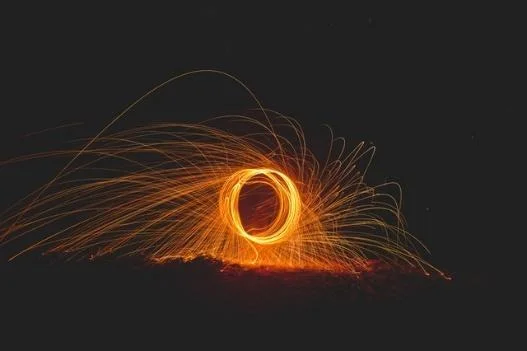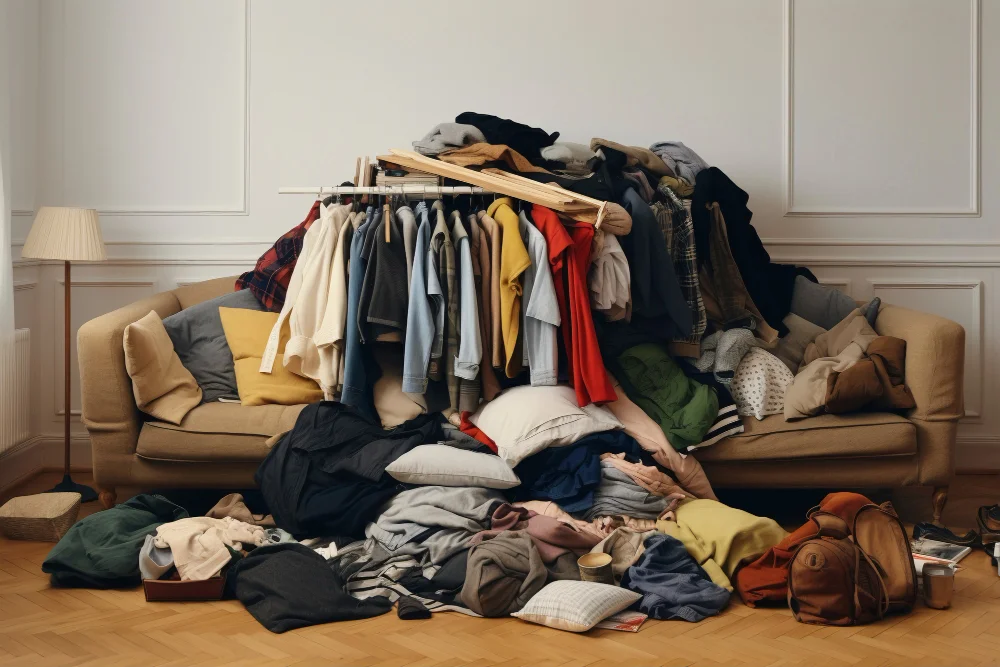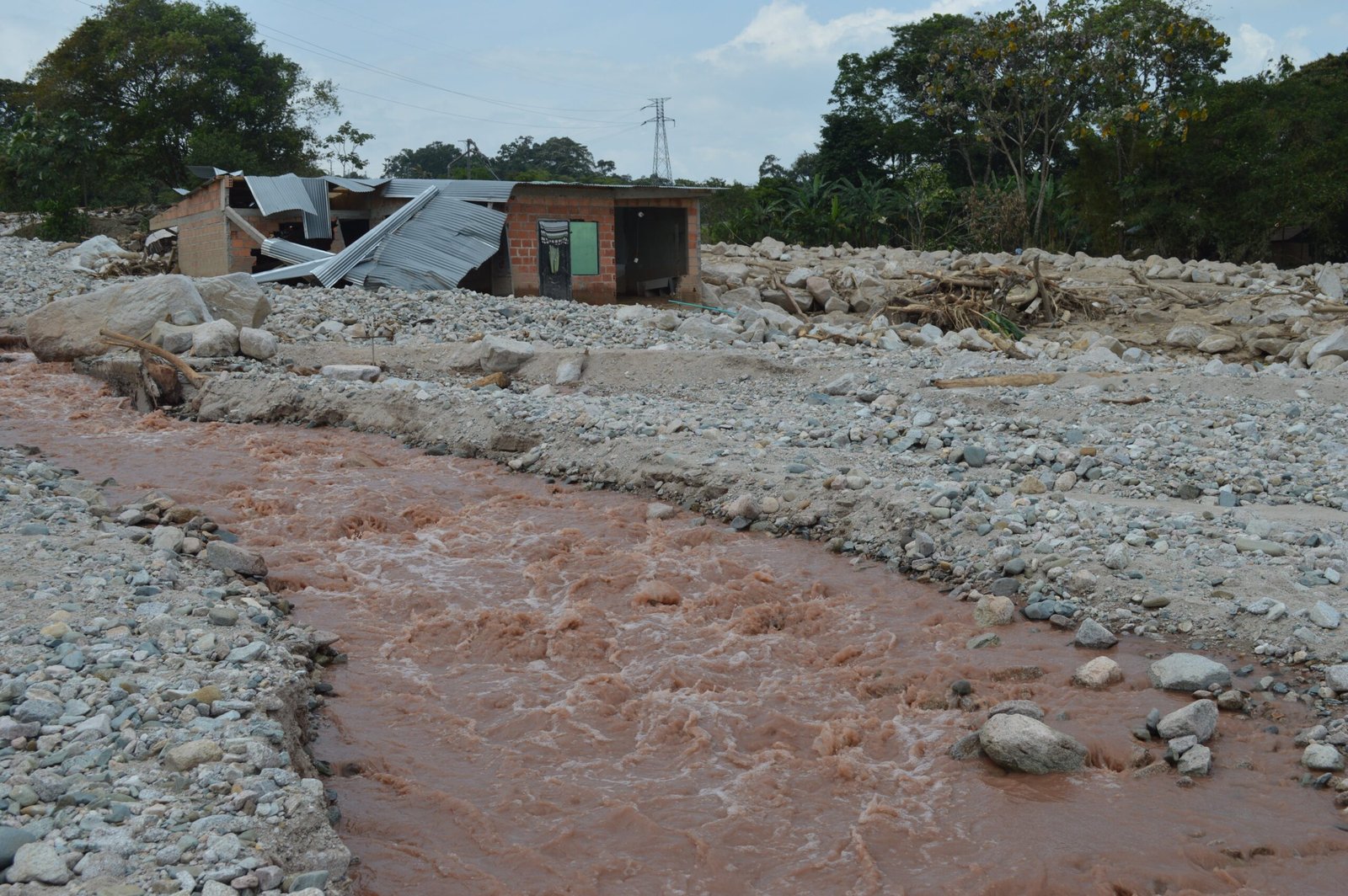Fireworks are a special product that most of us love watching, whether the big shows on New Year’s Eve and the Fourth of July in our home cities or the ones we watch on TV.
With summer coming up and fireworks becoming much more prevalent at homes and otherwise let off by consumers, it’s a good time to educate yourself on these products.
Here are some common fireworks myths that you should know the truth behind.
Fireworks are a Modern Invention
Many of us assume that fireworks must be a modern invention, but this is a myth. While today we have a vast array of different options to choose from, and we can buy sparklers, fountains, cakes, mortars, and rocket fireworks online and in stores, fireworks were originally a simple invention that came about in around 200 BC.
The Chinese accidentally invented them after leaving bamboo stalks out to dry over heat. When these were left for too long or knocked into the fire, natural firecrackers resulted when the bamboo expanded and burst with a bang. This was the extent of fireworks until hundreds of years later. In around 800 AD, an alchemist mixed charcoal, sulfur, and potassium nitrate to attempt to discover everlasting life.
That was not the outcome, but the mixture caught on fire, creating what we now know as gunpowder. From then, people packed the gunpowder into tubes made of paper or bamboo and lit them, to create noisier fireworks than previously available. Colors were added later, as was the development of fireworks that get blasted up into the air.
Fireworks Always Shoot Upwards into the Sky
There’s also a common myth that fireworks always shoot up into the sky. While this is definitely the type most of us are most familiar with, there are more options than that. Aerial fireworks shoot flaming balls into the air, up to 150 feet or even more, but ground effect fireworks are lit on the ground and don’t shoot objects upwards.
These products typically come with labels that say something like “Emits showers of sparks,” and the range includes options such as smoke balls, tanks, snaps, pops, snakes, fountains, and sparklers.
Duds are Harmless
You might have heard the myth from friends or others that dud fireworks are harmless. If so, you’re wise to ignore this advice. In fact, many people end up in hospital each year because they make the mistake of trying to relight fireworks that don’t light the first time.
Unfortunately, occasional dud products occur, and if you get one, it’s vital to douse it in a bucket of water to ensure it can’t harm you or anything around you, and then dispose of it carefully. Duds can potentially go off when you’re trying to relight them, which is incredibly dangerous and not worth the serious injury that could result.
Only People Handling Fireworks are at Risk
A related myth that needs busting is that people handling fireworks are the only ones at risk. Unfortunately, this isn’t true, either. In fact, people, pets, structures, and more get hurt annually due to fireworks being accidentally pointed at them or because those setting off fireworks haven’t created and patrolled a designated safety perimeter away from others or flammable objects, etc.
To keep not just yourself but all others and things safe, it’s vital to light fireworks in an open area away from anything else, preferably on flat concrete or other stable and non-flammable surfaces. Keep children and pets well away from the staging zone, and don’t let them play with or chew on fireworks when you’re not looking.
Ensure all fireworks are properly doused, contained, and then disposed of after you’ve finished your display, and create a thorough safety plan for your fireworks nights. For example, wear gloves and safety glasses, have a couple of buckets of water on hand in case you need to drop fireworks into them and have a fire extinguisher nearby, too. Know where the closest hospital is in case of injuries, and read the instructions on every product before you use it.

Plus, don’t use fireworks when you’ve consumed alcohol or drugs or are very sleepy, as your reaction times may be too slow, and you may not be thinking straight. Don’t rush the process of lighting fireworks, either, or try to light more than one at a time.
Before having your own fireworks displays, brush up on your knowledge of these products and take all safety measures to ensure there aren’t any issues on the night that dampen the event’s excitement.


















